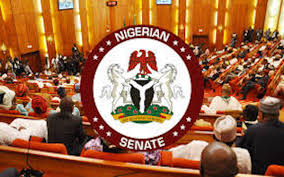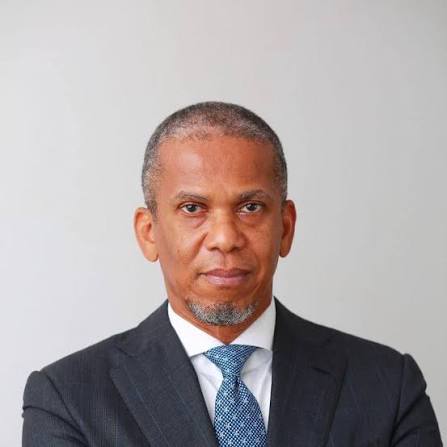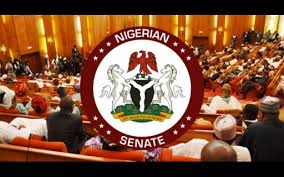Having come to terms with the enormity of the bottlenecks in the power sector, Senate committee on Power has asked the Federal Government to reverse its decision to withdraw subsidy intervention for the power sector
This was coming just as the Federal Government was looking forward to ending tariff shortfall, averaging N200 billion yearly, in the power sector by the end of the year.
Between 2015 and 2020, the shortfall reportedly stood at about N2.4 trillion, averaging N200 billion yearly. The shortfall accrued from suppressed charges for electricity consumption.

However the committee chairman of Senator Gabriel Suswam during an interface with stakeholders in the power sector said there is need to go back to the subsidy issue which was the Federal Government’s intervention that has been stopped.
National grid collapse had continued to pose serious challenge in the Nigeria Power sector in spite of the huge financial commitment of Government.
In 2017 Nigeria witnessed 15 National grid collapses, in 2018, 12 collapses, 9 in 2019, 4 in 2020, 2 in 2021 and 3 this year in the first quarter, between march and April.
Worried by this statistics the senate mandated its committee on power to engage the ministry of power, Transmission Company of Nigeria and other actors in the sector for explanations.
Also vandalisation of power installations, inadequate supply of gas to power the turbines were also identified as the other challenges.
Suswam while expressing concern on the collapse of the grid which started in March lamented that it was still unabated.
“There are different explanations from the different parastatals and the ministry. Nobody actually knows what the problems are.
“Nigerians have been subjected to very high epileptic service of power. The tarrif has not abated, rather, we here rumours of tarrif increase when Nigerians are not getting the energy they are paying for.”
The minister of state for power listed the causes of the collapses and explained that the NERC has been directed to approve $50m special gas pricing for the sector.
The ministry of power explained further that it is considering the implementation of a new surveillance technology that will check vandalism.
The speech of the Minister of Power Abubakar Aliyu which was read by his counterpart, the minister of State recalled that there had been three collapses between March and April, Aliyu said that historically, the cases of system collapse had been on the decline pointing to improvement in the grid stability over the years.
“For example in 2017, we had 15 total collapse incidences, in 2018, we had 12, in 2019, we had nine in 2020, we had four and in 2021, two.
“This year, we have had three collapses due to severe disturbances on the Grid.”
He explained that system collapse incidences occured when there were imbalance between the connected generation, transmission and distribution network.
The minister, however, said that government was doing everything within its power to ensure that the country had a reliable grid.
“This administration has invested huge sums to see that Nigeria has a stable, reliable grid transporting quality power.
“Another challenge we are having are issues of Right-of-Way across various states.
“Just recently, I raised this issue with the governors during one of their meetings. I am pleased to inform you that we are making significant progress.
“I am pleased fo inform you that we are making significant progress.
“Once we fully execute these projects across the states, coupled with the efforts we are making to increase operational capacity, we can assure you that we will have a strengthened and reliable grid.”




